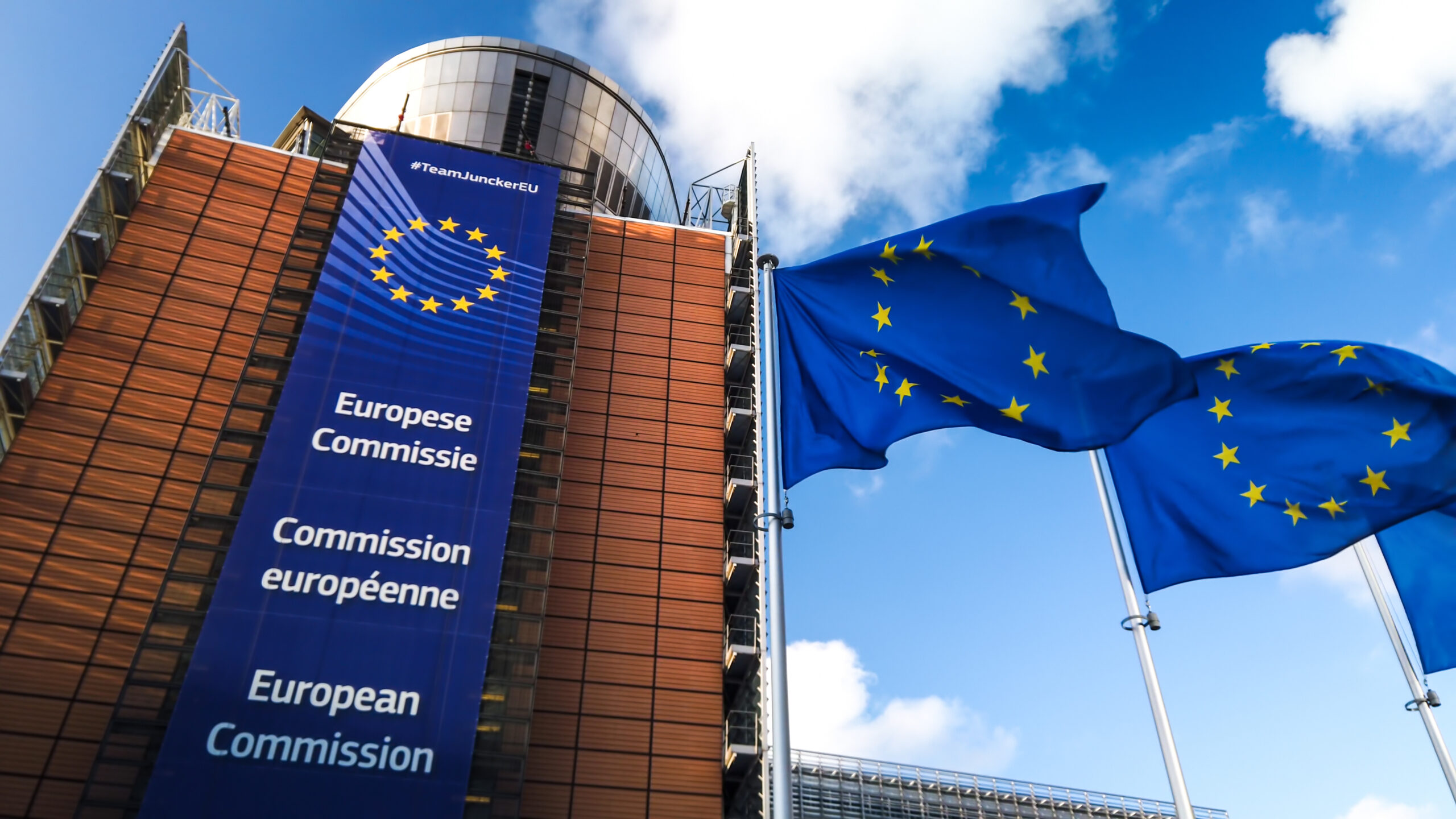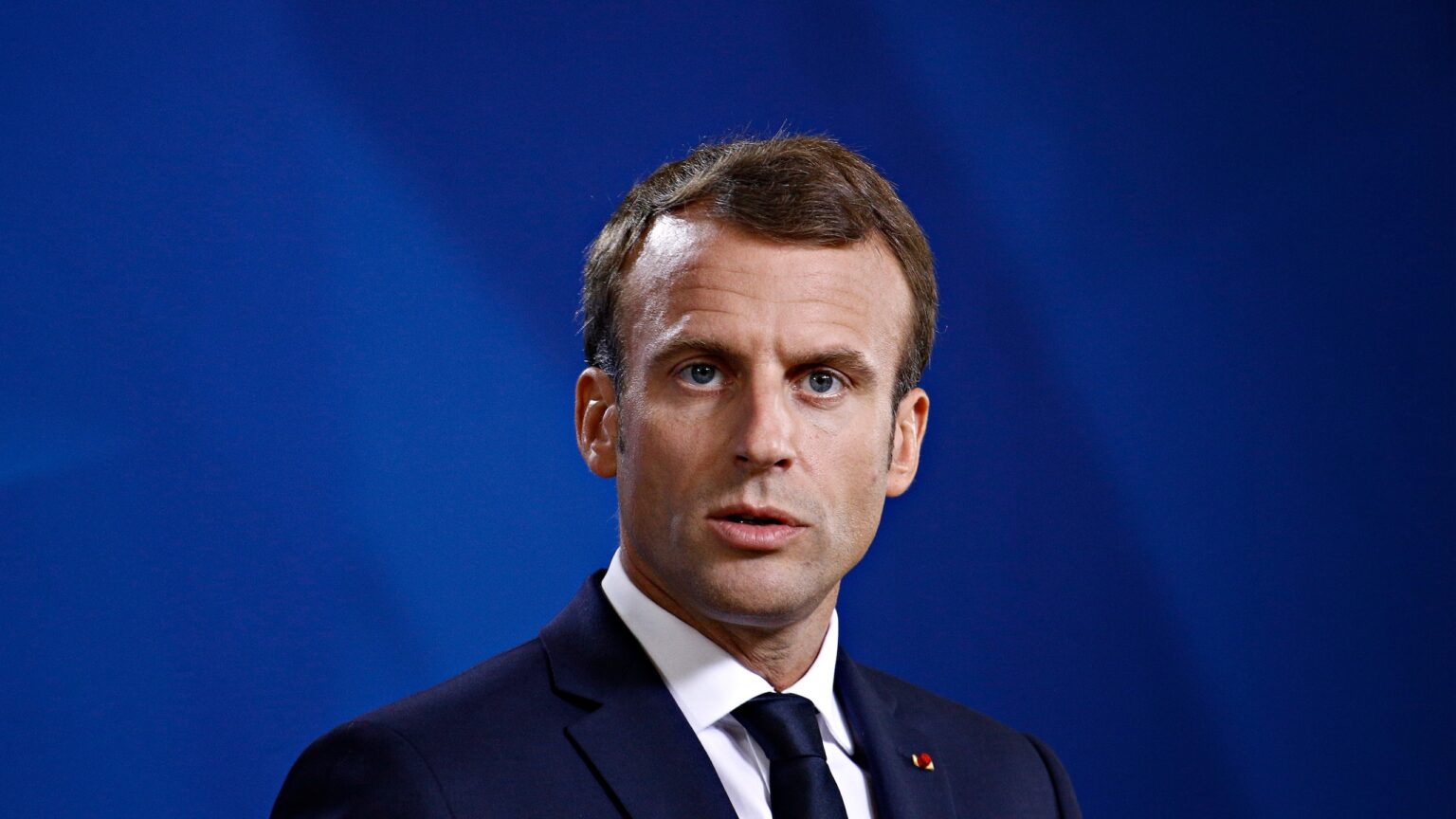The Economic Ministry of France has published a metaverse consultation, seeking input from the public about “immersive virtual worlds of tomorrow.”
Featuring seven questions, the questionnaire seeks to gain a better understanding of user perceptions around expanding digital realms like Decentraland and Horizon Worlds.
Citizens, companies, research centers, and associations have been invited to complete the public consultation before the May 2 deadline.
Also Read: Big Tech Could Become Metaverse Gatekeepers, Warns EU
A homegrown metaverse
Rather than adopting an impartial stance, the Economic Ministry wrote a prelude to the consultation which revealed their ultimate aim: to “offer an alternative to the virtual immersive universes today offered by international giants.”
What this alternative might look like is anyone’s guess. President Emmanuel Macron has previously talked up the prospects of a European metaverse, and stressed the need for the bloc to compete with the US and China in the web3 race.
“I want to specifically ensure that European players master the technological building blocks associated with web 3 and the metaverse so as not to depend on American or Chinese giants,” Macron told The Big Whale last year.
The consultation, then, can be read in the context of these objectives. Questions include “Do you plan to spend time (as entertainment or for professional purposes) in future virtual immersive universes?” and “What do you think is the most important point of vigilance regarding virtual immersive universes?”
Interestingly, a separate multiple-choice question asks whether respondents would prefer that metaverses of tomorrow be “created by French companies whose jobs benefit the territory.”
As the largest state in Western Europe, France sits at the top table of the European Union and is likely to play a key role in any coalition-managed metaverse.
EU on a metaverse mission
The French consultation reflects wider continental ambitions. Last September, the European Commission launched its Virtual and Augmented Reality Industrial coalition, described as a platform for “structured dialogue” between the European VR/AR ecosystem and policymakers.
While the French consultation ends on May 2, a separate ‘call for evidence’ on the same topic from the European Commission ends a day later. That one also features a prelude that claims the EU “is the best place to develop business opportunities in virtual worlds and to pioneer the development of Web 4, benefitting from a strong digital single market.”

It is clear from both documents that a metaverse created and managed by government would have a strong regulatory focus.
The French consultation subtly implies existing tech giants don’t care about data protection, asking users whether they would favor worlds where the protection of their data, and that of their loved ones, is assured – even if it means reducing quality requirements.
This wording seems to suggest the French aren’t confident of building a metaverse that competes with existing ones, at least visually. But, they imply, theirs will be safer.
The EC doc tells the same story, noting that the Union “already has a strong regulatory framework to address potential impacts that virtual worlds may have on aspects such as competition, cybersecurity, artistic creation and privacy.”
An ideological battleground
France is not the only country exploring its own metaverse. Last year, the government of South Korea pledged $186.7 million to support the growth of its own Expanded Virtual World. A virtual replica of capital city Seoul was also unveiled earlier this year, though it won’t be finished until 2026.
It appears the stage is set for an ongoing ideological battle to determine metaverse dominance. Will Big Tech giants or national governments come out on top? Certainly the former have a healthy head start, having already established virtual terrain.
Dominant tech firms may also have greater freedom to sink capital into their metaverse ventures, whereas governments are – at least to some degree – beholden to the interests of their citizens.
Last year, Meta’s Reality Labs unit recorded a $4.28bn operating loss in Q4, bringing its total for 2022 to an eye-watering $13.72bn. Nevertheless, it is continuing to invest in metaverse technology.









 and then
and then